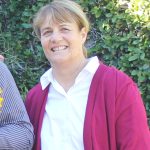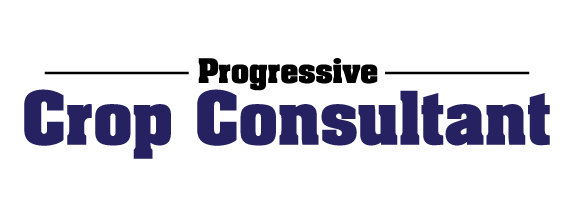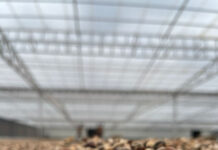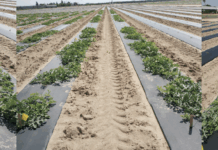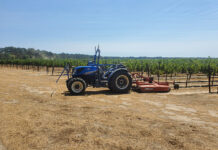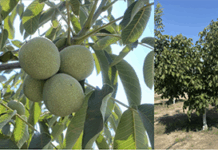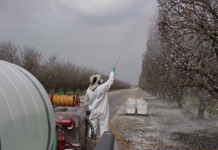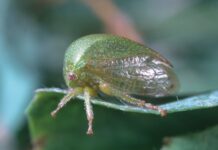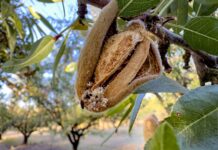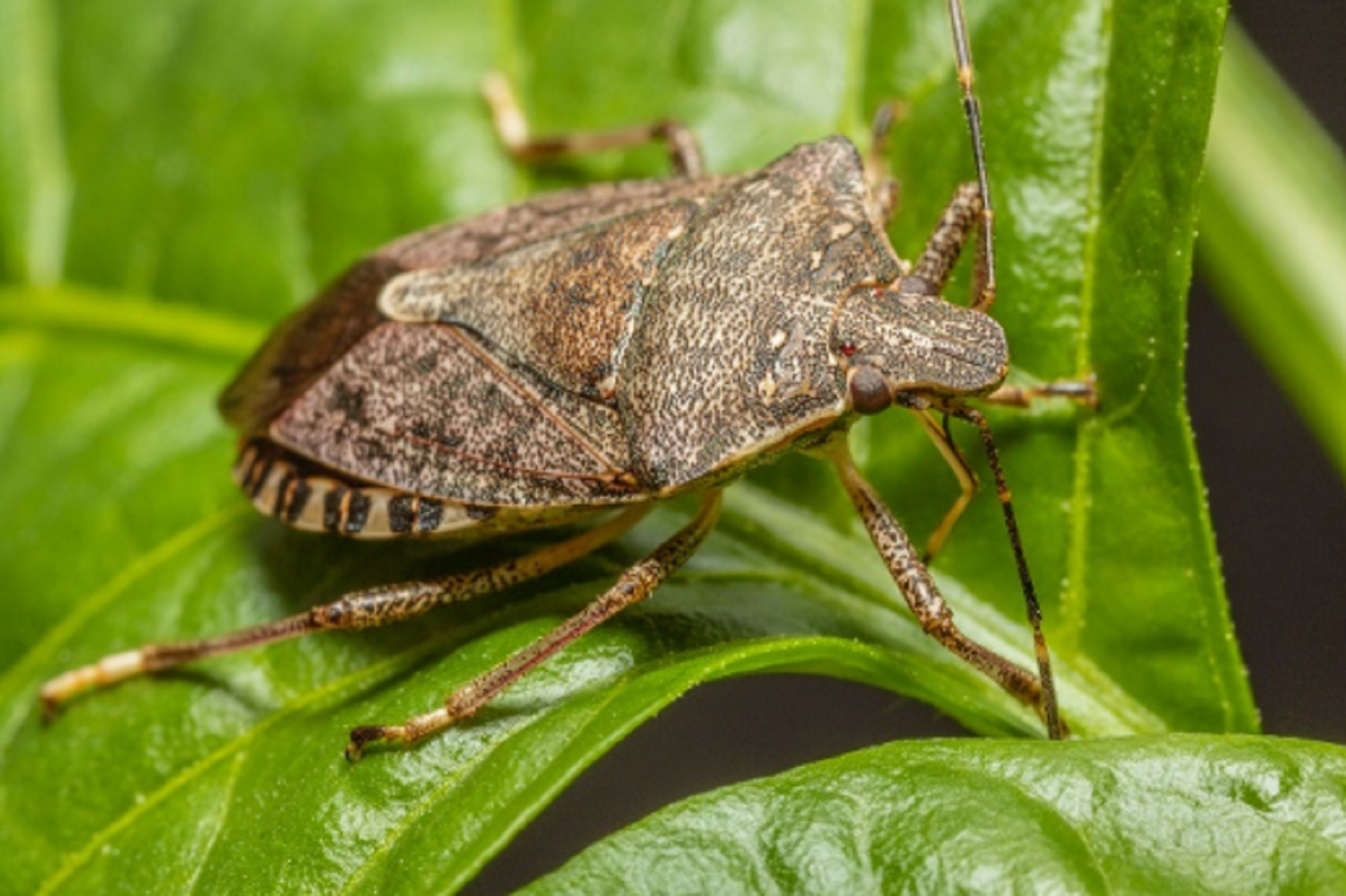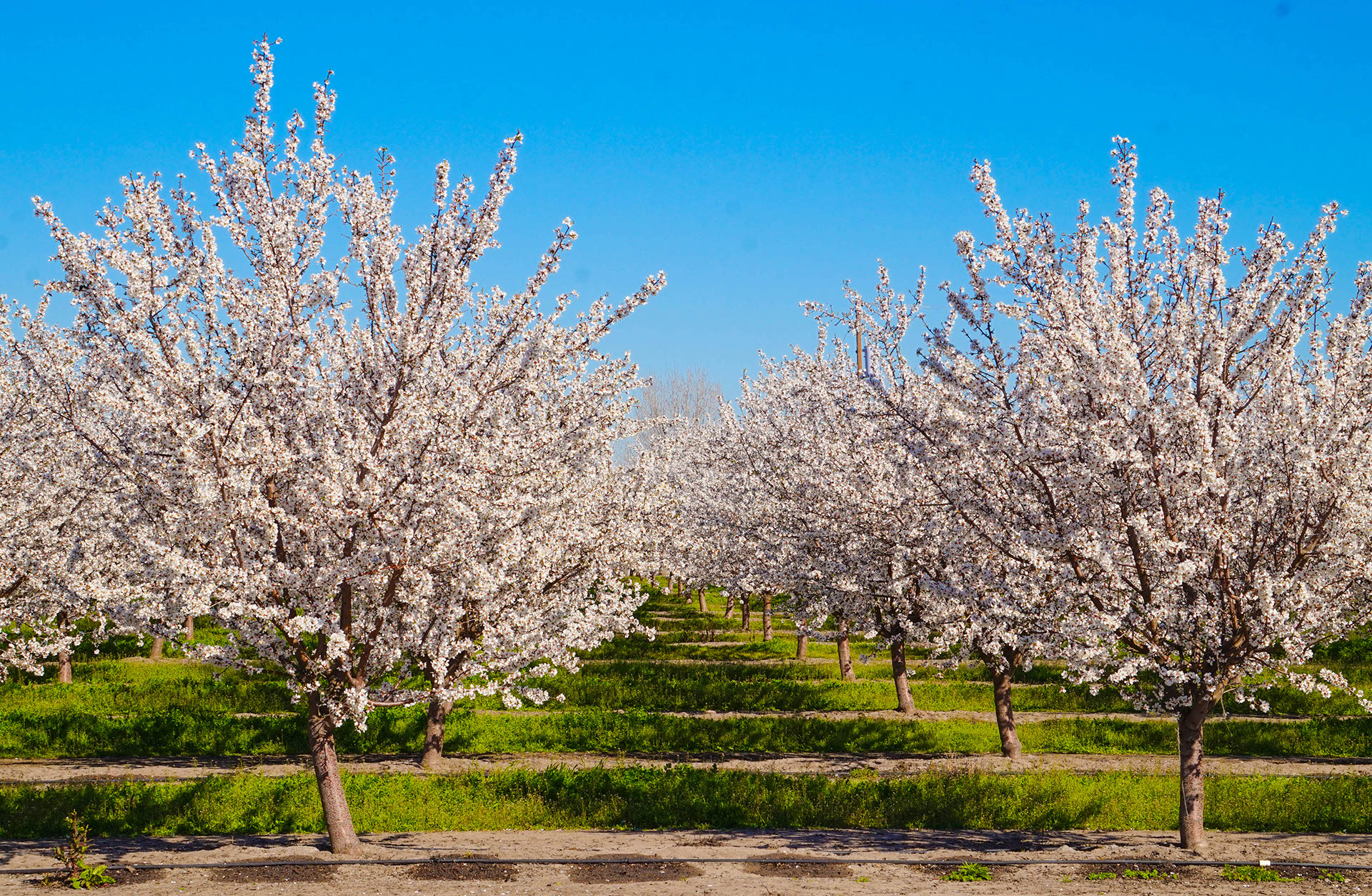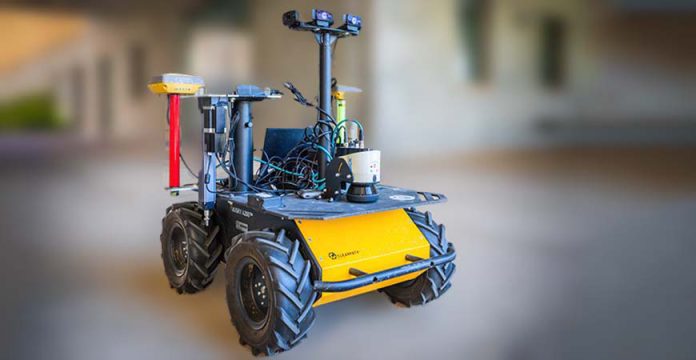
A robotic pressure chamber that can harvest its own leaf samples and test them on site is being developed by UC Merced Computer Science and Engineering Professor Stefano Carpin, Environmental Engineering professor Joshua Viers and UC Riverside professors Konstantinos Karydis and Amit K. Roy-Chowdhury. These instructors received a $1 million grant from the USDA through the National Science Foundation’s National Robotics Initiative.
Having accurate field data that is updated frequently can help growers plan irrigation frequency and conserve water.
‘If we’re going to use precision agriculture, we need the most accurate information gathering systems we can make,” Carpin said.
One current water status measuring technique calls for leaf sample collection and using a pressure chamber. Karydis explained that mix up of samples, different properties of leaves and time elapsed between pulling the samples and testing them can produce inaccurate data that may negate any water savings. In addition, using hand held instruments in the field can be time and labor intensive and require special training to ensure accuracy of the data.
Carpin has worked with researchers at UC Davis and Berkeley to create RAPID the Robot-Assisted Precision Irrigation Delivery system which travels along rows, adjusting irrigation flows according to sensor data that tells the robot precisely what is needed for each plant.
The same base robot as RAPID will be used in this study, but it will be equipped with GPS and a pressure chamber being designed in Riverside and paired with drones that can survey the field and direct the robot to areas of interest.
The project has four phases: development of the chamber, developing machine vision so the robot can ‘see’ the water coming from the leaf stems; coordinating multiple robots in the air and on the ground and evaluation.
Researchers plan to have the first set of automated pressure chamber prototypes fabricated by Spring 2021 and will evaluate their performance and refine designs in controlled settings over Spring and Summer 2021. They expect to have a completed set up by Winter 2022 and begin controlled field testing.
When all of the components have been designed, the designs and code will be open source and all the data collected during the project will be made available to the scientific community.
The project was initiated after Carpin and Viers spoke with growers about the challenges of growing almonds and grapes. Karydis and Roy-Chowdhury also reported similar conversations with citrus and avocado growers in the Riverside area.
“California agriculture presents a challenge in terms of scalability,” Carpin said, “but this is an exciting collaboration because we’ll get to develop a system that will work on different kinds of crops.”
